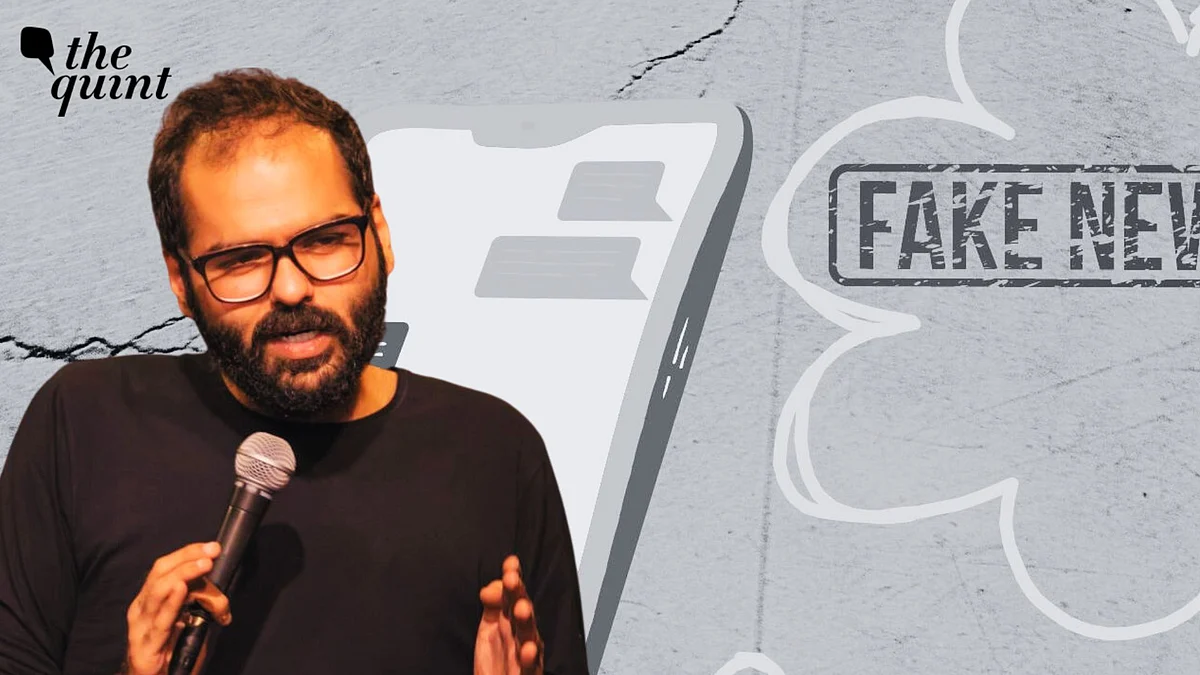
Satire, Free Speech, Fake News & Who Benefits: Kunal Kamra Challenges IT Rules
Freedom of expression to how the new IT rules impact his profession, read highlights of Kunal Kamra's plea here.

advertisement
Stand up comedian and political satirist Kunal Kamra recently filed a petition in the Bombay High Court challenging the Information Technology (Intermediary Guidelines and Digital Media Ethics Code) Amendment Rules, 2023 that were notified by the government of India earlier this month.
Simply put: these amended rules will allow a government notified 'fact-check unit' (once constituted) to flag any content about any government business as 'fake', 'false' or 'misleading' and mandate intermediaries to take action against it.
Kamra's petition seeks a declaration from the High Court that these new rules (amending 3(i)(b)(v) of the IT Rules 2021) are unconstitutional as they are ultra vires:
What Has Kunal Kamra Argued?
Essentially, Kamra has in his petition argued that these new rules are manifestly arbitrary and contrary to principles of natural justice, as they potentially allow the central government to act as the prosecutor and the judge, and also do not provide the user with "basis of which the content was so identified (as fake/false)."
"By directing social media intermediaries to effectively censor or otherwise modify content, the impugned Rules infringe Article 19(1)(a) [freedom of expression]...and are not saved by Article 19(2) [reasonable restrictions on grounds such as sovereignty and integrity of India, security of the State, public order etc]," Kamra says.
He goes on to argue that the rules place the central government, which already has several resources to its disposal when it comes to refuting a claim, on an inordinate position of advantage.
Lamenting the vagueness of the language employed in the rule, he also points out that restrictions upon the right to freedom of speech and expression have been held to be unconstitutional on grounds of over-breadth or vagueness, by the apex court in Shreya Singhal vs Union of India.
And What Happened in Court?
The matter was heard on Tuesday, 11 April by a bench of Justices Gautam Patel and Neela Gokhale.
According to Livelaw, Additional Solicitor General Anil Singh said that there was no urgency as the rules would come to effect only after the Fact Check unit has been notified. However, the court replied that when it comes to freedom of speech, they will consider everything urgent.
The centre has now reportedly been directed to file its reply by 19 April, with details of the factual background and the reasons for the amended rules. The matter has been posted for further hearing on 21 April.
- Access to all paywalled content on site
- Ad-free experience across The Quint
- Early previews of our Special Projects
Published: undefined